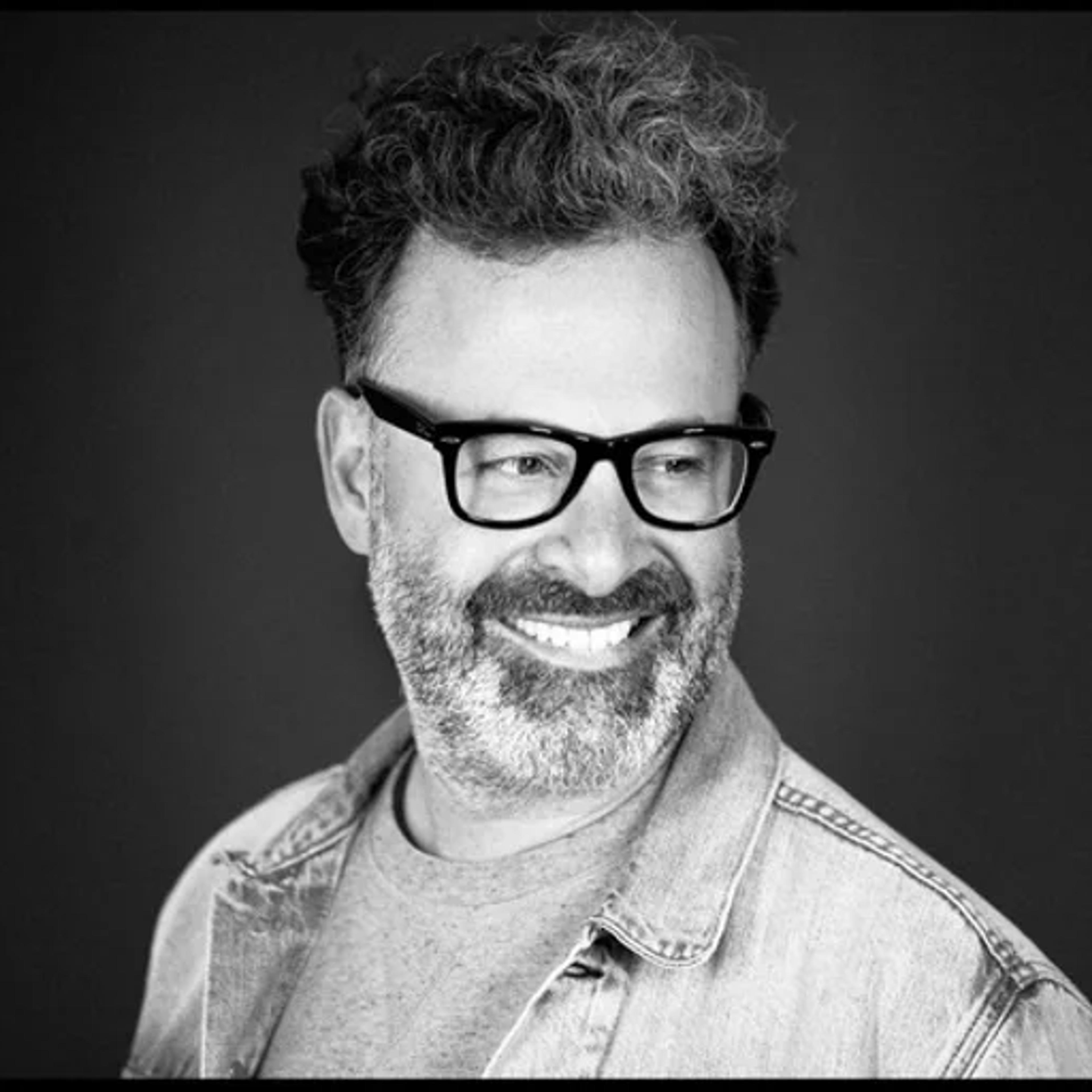Conversation
Rami Mekdachi
"I think humans are genuine dream machines."

Rami Mekdachi (b. 1971 in Beirut, Lebanon) is a photographer, musician, movie director, and founder of the worldwide Art Project Lola James Harper.
After 2 years of private screenings in Los Angeles, London, Paris, Toronto, Mekdachi's film 'WITH' started its run for 2020 "Best travel documentary" at Golden State Film Festival, as well as "Best documentary, Best cinematography, Best editing" at LONDON IFF.
MADELEINE SCHWINGE: As a multi-faceted artist and entrepreneur, you know how to connect people and embark them into a journey to your sensorial universe. Since we met in Paris (during a recording session at Lola James Harper's), I wished to ask you: what is the mission of art, what is the role of artists in our society? Can they stimulate personal/social transformation? Can art influence social change?
RAMI MEKDACHI: My first passion is music. Even if I experienced all sorts of projects, I am a musician. And the way I want to make music is to get people together, it’s about togetherness, trust, cocreation, it’s a poetic way. And poetry is about freedom. Within it you accept that people think differently. Take the punk movement, for example, or the beat generation, iconic works like 'On the road' or 'Easy Rider'. Art is about one thing: it inspires people. Certainly, it is sociological. It starts to become political when you use it for a social goal.
MS: What role does storytelling play in times of crises and upheavals? In the light of the catastrophes that characterise our current world, can we still dare to hope and imagine a better future?
RM: You know, I believe that humans are veritable dream machines. That is why stories are so important. Future is about generating new stories and new energy. And also in art it's about feeding people with ideas, tales and images. Art is made to make people surf their way through stories. In the 1970s, for example, the art movement made people feel new inspiration and unlocked a new energy. It is the same in our own lives: You have to 'deal with the shit'. And at least, if it doesn't require all your energy, you can always fall back on art. Art is often the only source of new momentum.
Everything revolves around stories. After being locked up for two months now, I wonder why people should ever go back to their usual workplace at all... You lose so much time on public transport. We could reinvent a new society with a more fluid work process. There are many things we could reinvent with technology...
MS: What might a dialogue between art and other disciplines look like to shape the future? Which disciplines would you like to get in connection with? What new ideas/approaches could emerge out of this?
RM: I think of the craftsmen, the wax masters with whom I work to make the candles, or even the great tea or coffee masters... The development of my perfumes brings me so much on a personal level! There is, for example, the repetitive routine of the craftsmen, the need to pay close attention to details. Craftsmanship consists of a touch of art plus a touch of science.
In artisan work, I find a certain devotion, a balance through manual skills. I have known the wax masters for about 20 years already. But now I finally know how to mix... and I can say I really love the rituals the craftsmen have.
MS: What do you personally wish for a better tomorrow? Assuming that a better world could be built on the ruins of the old one, what would it look like?
RM: In my opinion it is not a problem at all that different people have different dreams. Actually, this is my own utopia: Let's be 'with', let's be 'for' and stop being 'against' something... I call it 'withdom', which by the way could have also been a good title for my first long film, which will be released soon.
For a better tomorrow, I think we need to take more time for sensual things. We should free up time for the real things, for what really matters: family, friends, travelling...
I would also recommend teaching the new generation how to find information, how to navigate the treasure trove of digital information available through all kinds of devices. At the moment, for example, I'm teaching a teenager of 16 how to become an editor. And this is in fact is part of my lessons, because it generally is a neglected topic in education. In the end, it's all about giving people more hope and self-confidence.
MS: It is often said that the unique power of art lies in always courageously and fearlessly seeking the new and always starting again from scratch on a blank paper. Which strategies or rituals do you use when starting a new project?
RM: Whatever the project is, I try to find another person to cocreate with. My belief is that when you put two mirrors one in front of the other, you create infinity. “Withdom” is about not coming with preconceived ideas, but to be open and learn how to coexist and cocreate.
Front Photo. © Rami Mekhdachi